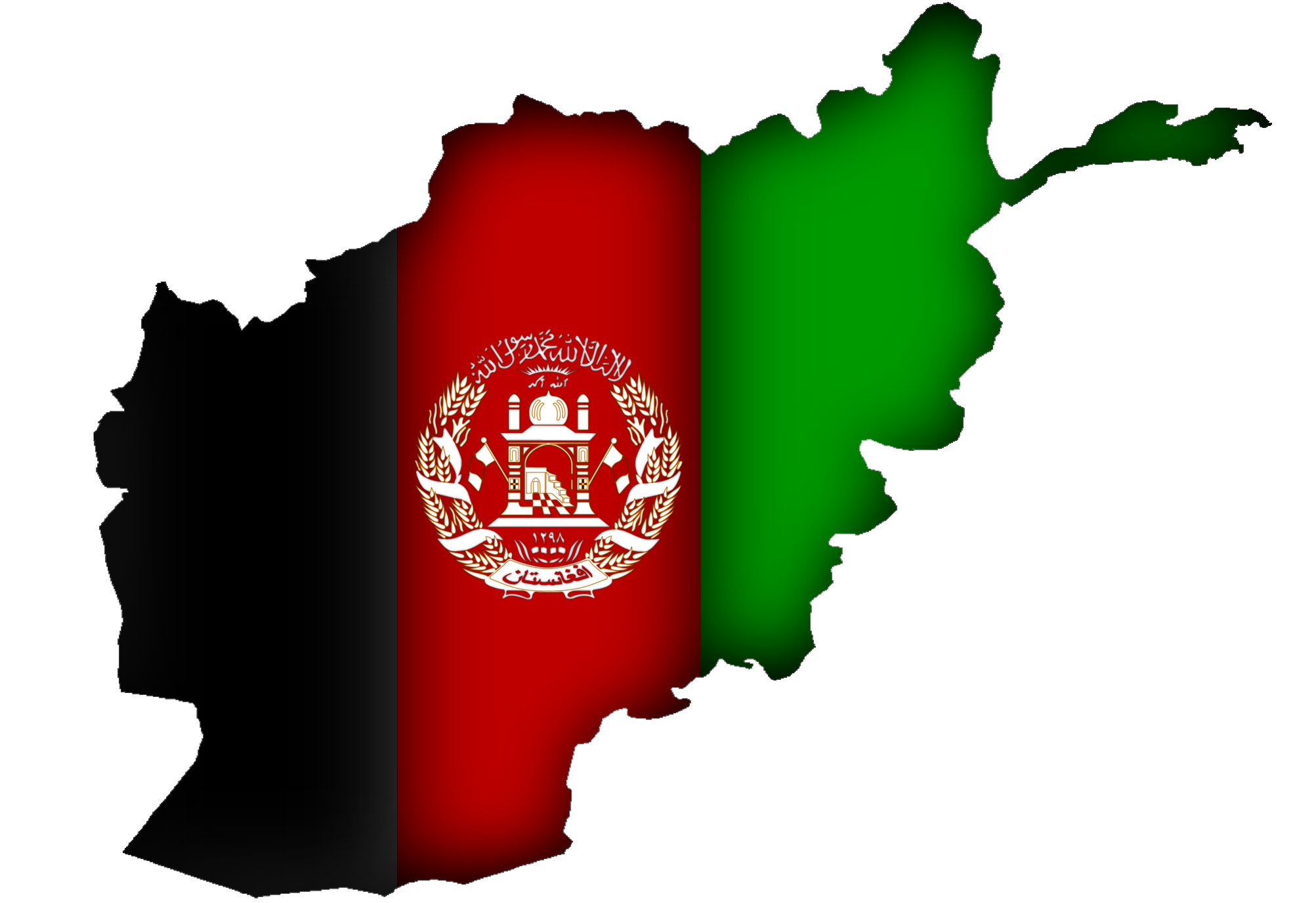In 1968 the “Prague Spring” began with the government of Czechoslovakia attempting to make reforms. It ended with a Russia Invasion, a new enforced leader. Czechoslovakia was part of the USSR after the 2 world war.
What causes the demand for reform?
- In 1960s, the Czechoslovakian economy struggled
- Changes began when the government loose the control son business, that mean that companies could now have more control over setting prices and wages, this is very different to communist rule.
- Dubcek replaced Novotny
 He proposed the abolition of censorship, freedom of speech, members of the party had not to be loyal to the government, but they have to be honest about how the country was run, the creation of workers councils in industry, increased rights for trade unions, rights for farmers, a recognition of Slovak national identity and customs and freedom of movements for all people.
He proposed the abolition of censorship, freedom of speech, members of the party had not to be loyal to the government, but they have to be honest about how the country was run, the creation of workers councils in industry, increased rights for trade unions, rights for farmers, a recognition of Slovak national identity and customs and freedom of movements for all people.
Dubcek let clear that he had no intention to leave the Warsaw pact.
In July 1968 the Soviet leadership had evidence that Germany wanted to attack and Dubcek refused to accept the red army for protection and after that, countries across the War saw pact invaded. Dubcek had no chances so he did not reset the invasion. His reforms known as the “The Prague spring” were crushed.
Brezhnev was worried that Czechs ideas expand. And the eastern countries were afraid that people asked the same freedom Dubcek allowed.
Brezhnev doctrine consisted in: a one country system in each country and that they could not leave the Warsaw pact (communist countries). If this was not like this the USSR could use military forces to re-established control. In 1969 Dubcek was replaced.





